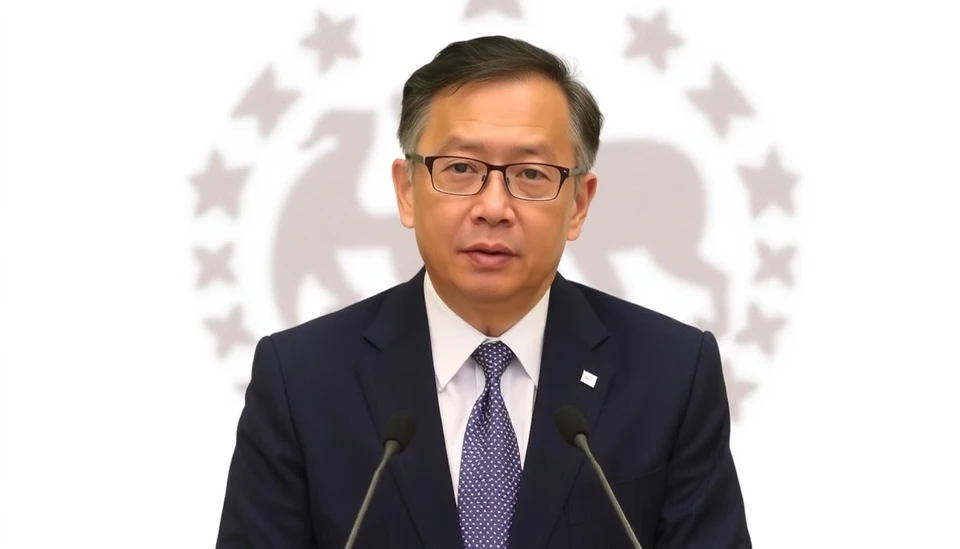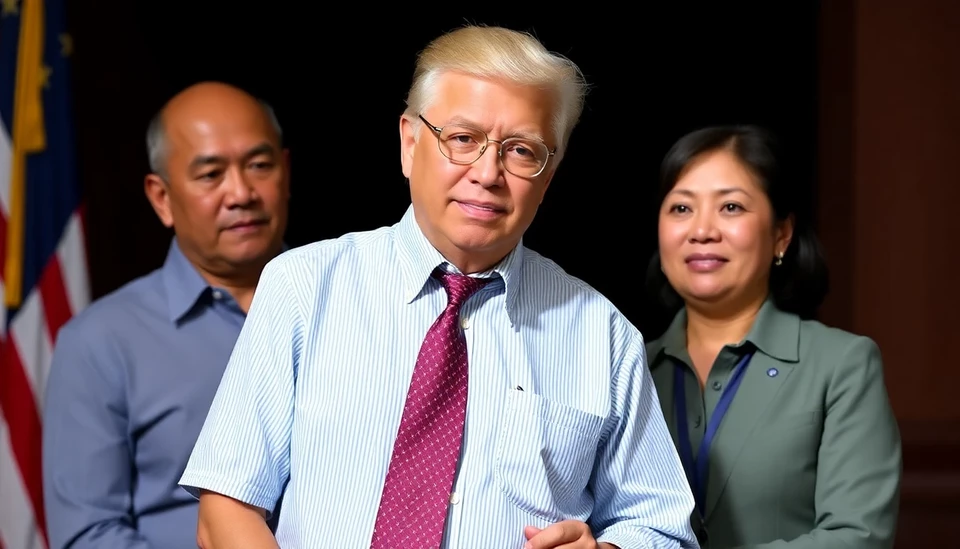
The Philippine government is actively contemplating a reduction in tariffs on select American products as part of its ongoing efforts to enhance trade relations with the United States. This potential tariff cut is designed to streamline trade and create a more favorable economic landscape between the two nations, responding to increasing calls for greater economic collaboration.
The Department of Trade and Industry (DTI) of the Philippines, led by Trade Secretary Alfredo Pascual, disclosed that an inter-agency consultative group has been assembled to examine the implications of lowering tariffs on U.S. imports. This initiative aligns with the Philippines’ commitment to its partnership with the U.S., a crucial ally in regional economic and security matters.
Secretary Pascual emphasized the importance of bolstering economic ties, asserting that a tariff reduction could significantly stimulate bilateral trade growth and promote investment opportunities. The potential restructuring of tariffs forms part of a larger framework aimed at increasing mutual economic benefits and addressing key trade issues that have lingered over the years.
Currently, the Philippines imposes varying tariff rates on a range of American goods, which can hinder competitive pricing and access for domestic consumers. The upcoming discussions will leverage data on trade impacts, industry competitiveness, and relevance to consumer demand to curate a strategic approach towards tariff reform.
This consideration comes in the aftermath of recent negotiations, wherein both countries agreed to closer economic integration and shared mutual interests in sectors such as technology, agriculture, and energy. Enhancing access to American products could offer Philippine consumers greater choice and reduce costs across several markets, thereby bolstering local economy resilience.
International relations experts suggest that the proposed tariff cuts could enhance not only economic exchanges but also diplomatic relations between the Philippines and the United States amid shifting geopolitical tensions in the Asia-Pacific region. Trade can serve as a significant catalyst for strengthening alliances and fostering cooperation on various fronts, they noted.
While the DTI has yet to finalize which products may be affected, discussions will likely focus on key goods where U.S. exports have prevalent demand, such as agricultural products, consumer electronics, and pharmaceutical equipment. These sectors hold significant potential for Philippine importers and could lead to price decreases for consumers while encouraging further trade activity.
In conclusion, the Philippine government’s proposal to cut tariffs on U.S. products underscores a strategic push for enhanced trade relations. With continued dialogue and collaborative efforts between the two nations, the potential for significant economic benefits may soon become a reality for Filipino consumers and businesses alike.
#Philippines #USTrade #TariffReduction #EconomicRelations #TradeTalks #GlobalTrade #InvestmentOpportunities #IndustryGrowth #PhilippinesEconomy #TradeDepartment
Author: Rachel Greene




